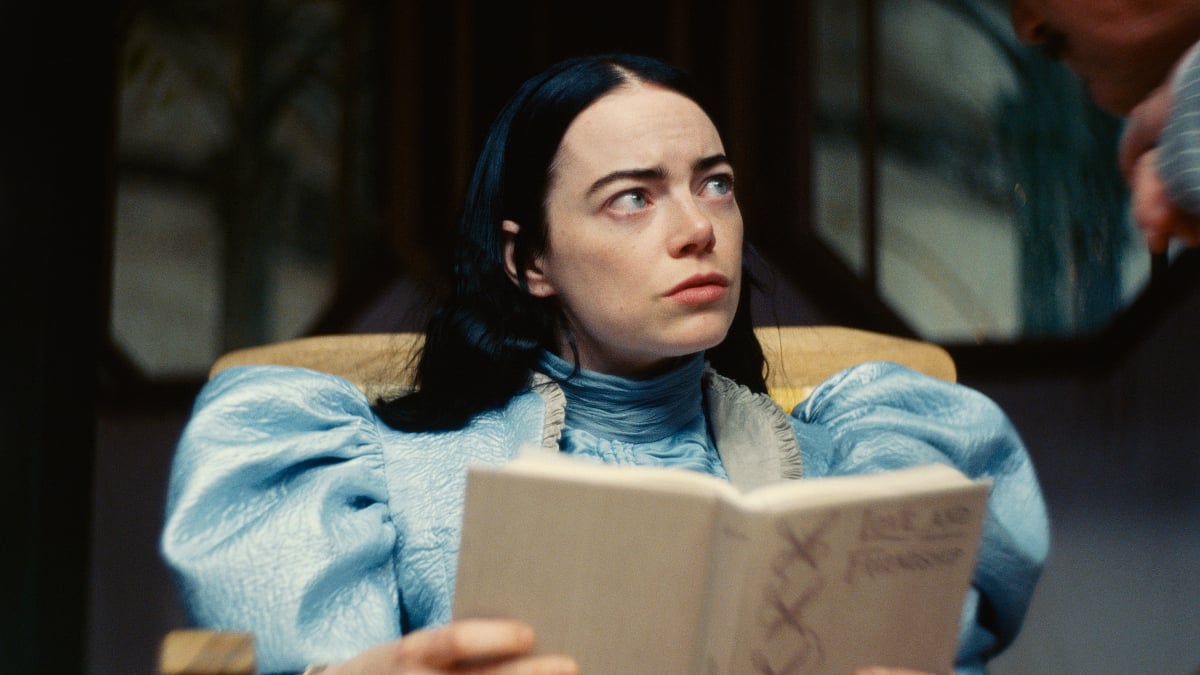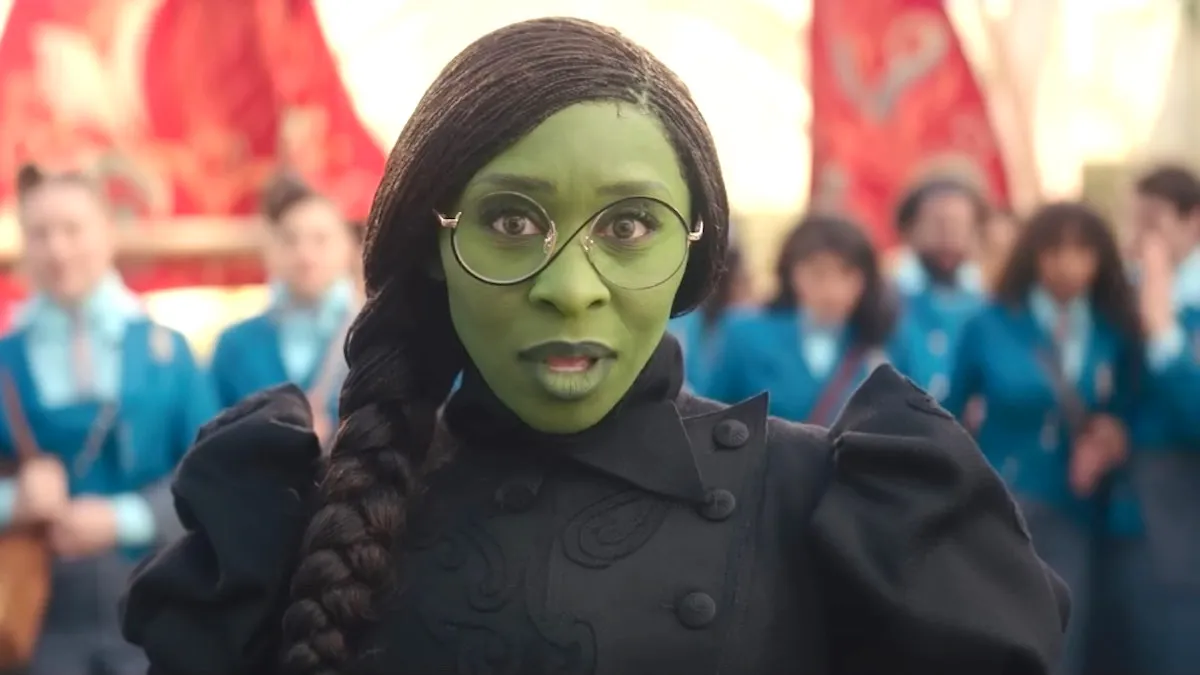According to the results of a new study, the amount of sex scenes in movies has dramatically declined by nearly 40% since 2000. What gives?
A new feature in The Economist cites the findings of film-data analyst Stephen Follows, who looked at the 250 highest-grossing movies released every year since 2000. Using movie databases and information from film-ratings boards, Follows observed a nearly 40% decrease in sex scenes in movies over the past 24 years. He also found that when sex is depicted in movies, it tends to be more graphic, with recent examples including the menstruation sex featured in Saltburn and Fair Play, as well as an uptick in erect penises and the full-frontal nudity seen in recent comedies like Joy Ride and No Hard Feelings. Almost half of the highest-grossing movies released in 2023 lacked sex scenes entirely, compared to less than 20% of the movies released in 2000.
It’s important to note that Follows only looked at the 250 highest-grossing films of each year, which leaves out a significant number of independent films—because these aren’t mainstream studio movies, the filmmakers don’t always have the same ratings concerns as their peers with larger budgets. It’s also worth noting that violence in movies has remained as prevalent as it was in 2000.
Taken at face value, it seems that audiences are more comfortable with violence than they are with sex, a notion supported in part by another data set that recently made headlines: A 2023 study conducted by UCLA on the content preferences of Gen Z found that the younger generation is less interested in sexual content than their older peers. Of the 1,500 adolescents (ages 10-24) polled, 51% said they wanted to see more movies and shows about platonic friendships. 47.5% said sex “isn’t needed” in movies and shows, while 44% said that romance is “overused.” What’s missing from the data is how often the respondents watch movies and TV shows, as well as their viewing methods—do they see new movies? Do they pirate titles regularly? Are they only watching one or two genres? UCLA also didn’t ask respondents about viewing pornographic content, which might be helpful information—porn is more accessible than ever, and certainly more so than it was 25 years ago. If younger adults and teens are watching more porn, it would make sense that they don’t care as much about seeing sex in movies and TV shows.
UCLA’s report gels with the results of yet another UCLA study that made headlines last year, which found that Gen Z is increasingly having less sex. In 2011, 22% of people between the ages of 18 and 30 said they hadn’t had sex with anyone in the past 12 months. By 2021, that percentage had increased to 38%. There are lots of possible reasons for this, and as with most things, it’s likely to be a result of numerous external and internal factors. As a millennial, I can’t say how I would view sex as a teen or young adult today, especially in a country where it’s become increasingly dangerous to get pregnant. All those years of abstinence-forward sex education in Texas have nothing on our current abortion laws.
The general takeaway from these studies seems to be that Gen Z is more sex-averse than older generations, and that if there’s anyone to blame for the decline of sex scenes in movies, it’s kids these days. But I don’t think that’s it. Movies are now marketed to wider audiences than ever before and most prominently through social media, which is constantly shifting the goalposts in terms of what’s considered graphic. Content can be censored, labeled as potentially offensive, or removed entirely by moderators with little-to-no consideration of context. On social media, users will say “corn” instead of “porn,” and often censor their own captions—sex becomes “s*x”—to avoid getting flagged by an algorithm. All of which makes it harder to promote movies with sexual content on these same platforms, where Gen Z just so happens to be the predominant user base.
As usual, the problem isn’t with younger people. It’s with the people at the top—the corporations, financial interests, and how those things influence every aspect of our lives. Gen Z is merely reacting to their environment, same as it ever was.
(featured image: Searchlight Pictures)









